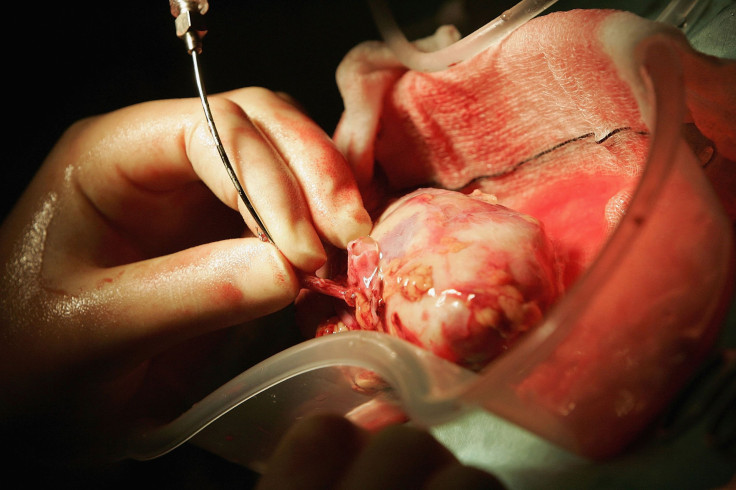Coworkers Donate Their Kidneys To Save Each Other's Husbands
KEY POINTS
- Two coworkers in Georgia donated their kidneys to each other's spouses after finding out that their blood types match
- All four surgeries, which took place in March, went smoothly
- The two women hope to inspire more people to become donors
Two women in Georgia teamed up to save the lives of each other's husbands by donating their kidneys.
Tia Wimbush and Susan Ellis were coworkers at the Children's Healthcare of Atlanta for 10 years but were unaware that they shared the same struggle. Wimbush and Ellis' husbands both had kidney disease and were in need of transplants, CNN reported.
Upon finding out about their shared struggle in 2019, the two women quickly became each other's confidants and talked to each other about the struggles that came with dealing with kidney disease. Things changed in September 2020 when during a chat at the office bathroom, Wimbush asked Ellis what her husband's blood type was.
Ellis' husband, Lance, had a blood type of O negative -- a rare type that is difficult to match. Wimbush, whose blood type is O, was compatible, USA Today reported.
Ellis's blood type, on the other hand, was A, which was a match for Rodney, Wimbush's husband, who is type AB.
"All that was going through my head is, 'What if we can donate our kidneys to each other's husbands?' I could have never imagined it," Wimbush told CNN.
Upon learning of the potential solution to save both their husbands' lives, Wimbush immediately called her doctor to confirm if the match was truly possible. The two women underwent blood type and antibody tests that confirmed their matches.
On March 19, the two couples underwent surgery at Piedmont Hospital in Atlanta. Wimbush gave her kidney to Lance, while Ellis gave hers to Rodney. All four surgeries were successful.
See posts, photos and more on Facebook.
"It is very rare for two immunologically incompatible pairs to propose their own paired exchange and actually be a match for one another," Christina Klein, a transplant nephrologist at Piedmont Atlanta Hospital, said in a statement.
She continued, "I have been a transplant nephrologist since 2008 working in active living donation and paired kidney exchange programs, and I have personally never seen this happen before."
Since their surgeries, the four have grown closer and now treat each other as family.
"It's beyond friendship. They really are family," Wimbush said. "We all took a leap of faith in doing this and now we are forever connected, always rooting each other on in both the recovery process and in this second chance of life."
Wimbush and Ellis' brave story was met with teary eyes when they went back to work after a few months of healing. The two women hope that their journey would inspire others to become donors.
"I'm forever changed. I'm hopeful for humanity and I hope other people will take that away from this story," Wimbush said. "You can be somebody else's hope, it could be you to show someone a glimpse of what humanity really means."

© Copyright IBTimes 2025. All rights reserved.





















